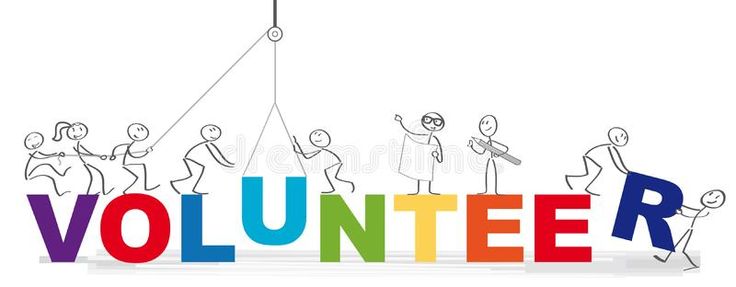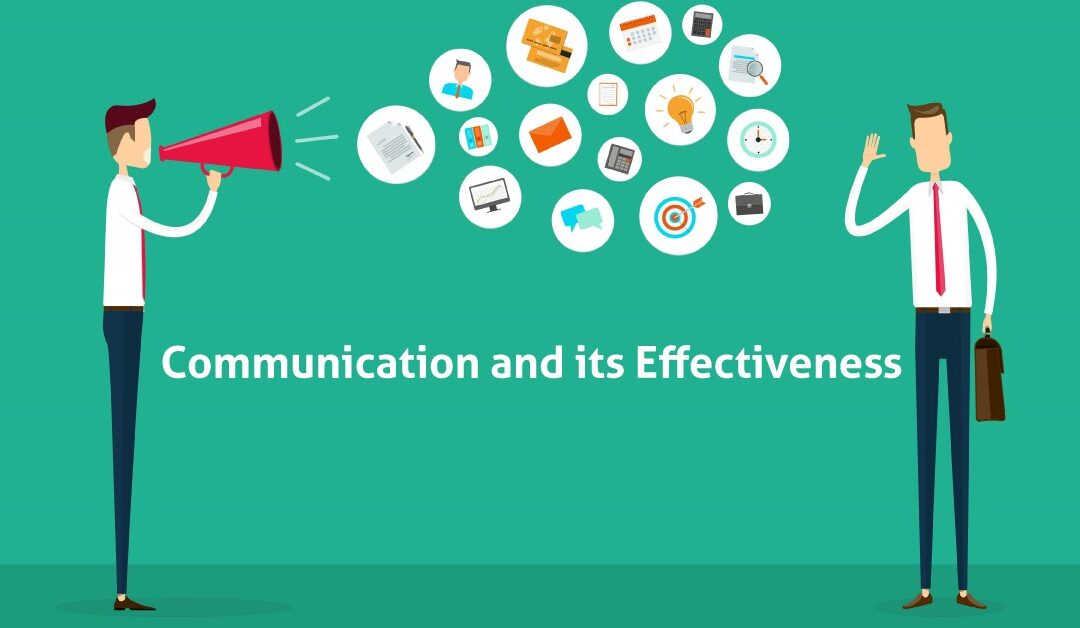Mentoring is not just a duty; it’s a place for both, the mentor and mentee, to feel safe, reflect and feel empowered!
When you decide to take on, or accept a mentee, along with your role as a mentor comes responsibility, trust and commitment. It is a relationship premised on mutual give and take as any other relationship. Being a mentor is no easy task. It is a role that one must assume with full responsibility for, only after careful consideration.
Given the importance of mentoring in our careers, we thought of writing another blog, documenting the perspectives of a mentor herself. So we tracked down Pratibha Pathak, an associate coordinator for a not for profit organization called Pravah. An extremely energetic and compassionate being, Pratibha has been mentoring young adults on both personal and professional fronts for the past few years. Over an hour-long conversation, she spoke about a number of topics, such as, why mentoring is important, what are the qualities of a good mentor and her journey as a mentor.
There is a lot to take away from this conversation!
You have been mentoring for quite sometime now. Each one of your mentees has a different story, a background and set of problems. How has the experience been for you as a mentor?
It’s been very different. I joined Pravah as a volunteer and had no idea about the concept of mentoring then. I had never been mentored by anyone previously either, so it was a lot more difficult for me. It was during my interactions with people in SMILE, an internship carried out by Pravah, that I finally learnt the basics of mentoring. Later, when I joined in an official capacity, I started my journey as a mentor. Even then when I had got a hang of some basic mentoring skills, I still didn’t know what I was doing. But one thing was certain, being a mentor meant I had a responsibility to perform.
Slowly I realized that mentoring is not about telling any of these kids what they ought to do and what not, it is a space that needs to be created for any mentee to be themselves. Yes, you’re right, each one of my mentees have a different story to tell and that made mentoring all the more challenging yet exciting enough for me to pursue.
Pravah has a unique system of mentoring everyone, from the founder to an intern. You have had mentors as well, how has that been for you? Do you think their mentoring skills have influenced yours in any way? If yes, then can you explain how?
Yes, I have had mentors both through formal and informal channels. Whenever I feel someone can help me, I reach out, doesn’t matter if he/she is assigned to me or not. I think the conversations I have had with my mentors have helped me grow and ease out the unnecessary pressure I have been forcing on myself. Also, I use to have a very narrow vision, I think that got widened in the process as well. So yes, I would say my mentors have been an integral part of my journey.
As for answering the next part of your question, I think yes, my learnings from the conversations I have had with my mentors have impacted my mentoring skills. It has helped me grow and a lot of other people as well. My mentors have influenced me in the way I speak to my mentees. I’ll give you an example for this, I have always been a curious person, so you can understand I have this need to know everything. But when you become a mentor, you have to understand that a mentee doesn’t always want to share what’s on his/her mind all the time, so there is no point forcing it out. This was something I learnt from my mentors. Today, I have come to a realization that the essence of mentoring is to let things be until the mentee is comfortable and is ready to talk.
The process of mentoring is all about give and take. Do you think you have learnt some things from your mentees as much as they have learnt from you?
I think my biggest reflection as a mentor is how similar all of us are, and by us I mean both the mentors and the mentees. This I understood not just through my reflections, but also from my mentees. I think in terms of factual experiences, we are all different, but mentoring made me realize that emotionally we are all the same. I’ve learnt that it is important to constantly go back to who you are as a person when you try to help them. Mentees will never understand what you as a mentor are saying if you somewhere can’t connect yourself to their story and that is why it is important to reflect on yourself. This is what I have learnt.
Each mentor has a different way of approaching and mentoring someone. What is your mentoring process like?
First of all, I think having a mentoring “process” as such is a foolish thing. We have to understand that every single mentee, no matter what their age, is different. So simply put, there is no one process. Having said that, there are some common things that I do with all my mentees. First, it is important for me to let them be. I never question them, until I feel I have understood them to a certain level. The time my mentee is sharing is the time for me to just simply understand, and not prod around as that can completely backfire. Apart from that, the golden rule I believe that always works is investment and care.
There could be times when personal judgments or biases cloud your advice for a mentee, how do you tackle that?
Openness! That’s it. If you are not open to hearing the other person’s views then mentoring is futile. I think it is acceptable to disagree, but a mentor must respect the mentee during that process. It is very important to approach the conversation positively and understand what is it you want to take away from the conversation, as a mentor. Only if a mentor is open to the idea of the other person being different, can he/she break down biases, or at least keep them at bay.
Today, the culture of mentoring has become extremely popular within schools, colleges and work places. Why do you think is there such a rise?
I feel that life is much faster and we want to do so much. Given the little time we have and today’s technology being fast paced, we aren’t really slowing down and reflecting. We aren’t creating spaces for people to have a reflection of their own perceptions. Today, I think people miss that space, in fact they need it. A space they can call their own and who better to provide it than a mentor?
How important do you think mentoring is? Does it really impact lives for the better?
I strongly believe it to be a good practice. It adds value to all stages of a person’s life. We need mentors because they help us think outside the box. There are times when we need to look at our problems from a different lens, and mentors provide us with that. Apart from this, I think they can help boost our performance and build a network of contacts that we can use in the future.
But we need to understand that mentoring is a two-way process, it’s about giving and taking energy, and if it’s not helping either the mentor or the mentee, then perhaps mentoring is not a good option. There can be cases where a mentee hasn’t come in for a conversation with an open mind or the mentor is not in a frame of mind to listen. So mentoring only works if both are on the same page.
What do you think are some of the skills a mentor must have and what must he or she refrain from doing?
I can’t generalize for all mentors, but I can tell you what works for me. Being open-minded and leaving perceptions behind while talking is the first. There is a word we use in Pravah, it’s called “Carefrontation”, it means it is necessary to both, care and confront while we mentor; I think this is a must. Honesty, enthusiasm and above all empathy is needed. I cannot stress on how important empathy is.
As for what a mentor must refrain from doing, I think being unapproachable is one of the biggest sins that can be committed. A mentee needs to feel welcomed and not feel inhibited while approaching a mentor. Apart from that, showing a lack of interest and disrespect would be next on my list.
Nothing makes a mentor more happy than see their mentee grow. Have there been any moments for you? Could you describe some?
Yes, definitely there have been a lot of moments for me. It is difficult to even choose one, but I will try. Last year, I was mentoring a volunteer from Bihar. I think I probably had just three or four conversations with him. His problem was that he didn’t talk much, either to me or anyone of the other volunteers. He felt he would be judged for speaking in Hindi; he was scared of the repercussions he thought he would have to face if he talks. After a couple of conversations with him, I saw him bloom into a different person all together. He grew more confident and he started talking, out loud! Knowing that I have contributed in some small way, is something I will always cherish!
In Conclusion
Mentoring is a hard task, it can sometimes even seem like a thankless job. The time and effort that you invest in a mentee, while leading a busy life of your own can make you question if it is all worth it? You might even wonder, “What am I getting in return?”
We agree with Pratibha when she said,
“You would be surprised how amazing it feels to see an individual prosper and know that a part of his success comes from your guidance. As you teach your mentee, you will learn too. You will gain a deeper understanding of yourself as a person and will discover strengths you did not know you had and will admit weaknesses you would want to work on.”
A big thanks to Pratibha for sharing her mentoring experiences with us so expressively. Please join us in wishing her many more successes in her career ahead – she certainly deserves it and more for all the light she spreads around her.
Trust us when we say this, the satisfaction of knowing that you are doing your best to help build another individual’s career, will make you feel content and in that moment you will realize it was all worth it.





